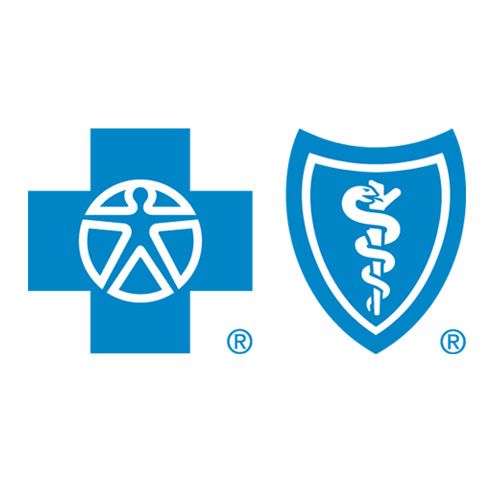Targeted care coordination improves health for members with inflammatory bowel disease
April 27, 2022Care coordination is an important element of a modern health plan that improves a person’s health outcomes by removing barriers and connecting them with the most appropriate resources in a timely manner.
Recent initiatives from Blue Cross and Blue Shield of Minnesota have focused on helping businesses and our members improve quality of life and reduce costs by providing targeted care coordination for specific, high-cost and high-complexity health challenges.
No-cost care coordination from SonarMD and MNGI Digestive Health
 One example is the work we are doing with SonarMD – a free, virtual tool for gastroenterology patients and specialists that helps to ensure flare-ups are quickly identified and addressed. Ultimately, this improves quality of life for members with inflammatory bowel diseases (IBD), including Crohn’s and ulcerative colitis and reduces the need for costly health care interventions.
One example is the work we are doing with SonarMD – a free, virtual tool for gastroenterology patients and specialists that helps to ensure flare-ups are quickly identified and addressed. Ultimately, this improves quality of life for members with inflammatory bowel diseases (IBD), including Crohn’s and ulcerative colitis and reduces the need for costly health care interventions.
This value-based agreement was established in collaboration with IBD specialists at MNGI Digestive Health (MNGI). As a result of this partnership with Blue Cross and SonarMD, doctors at MNGI are now able to track eligible members' symptoms between appointments and make recommendations for treatment in real time.
This innovative approach to chronic IBD management has been proven to reduce the need for acute care, including hospitalizations resulting from unmanaged flare-ups. This ultimately helps reduce overall health care costs for patients and employers.

SonarMD proactively identifies health risks
Through direct patient conversations and analysis of health care data from Blue Cross and MNGI, SonarMD tracks symptoms over time to monitor changes in health and detect patients at risk of sudden decline – often before patients realize there’s a problem.
If an intervention is needed, SonarMD connects patients to their clinical team at MNGI for care.
Overall, SonarMD makes it possible for members to keep seeing their MNGI health care provider while receiving more comprehensive support in managing their complex chronic disease.
Who is eligible?
 Care coordination for IBD is available through SonarMD and MNGI for Blue Cross members who get health insurance through their employer or the individual marketplace (commercial plans). Beginning in July of this year (2022), this benefit will be expanded to also include Blue Cross Medicare Advantage members.
Care coordination for IBD is available through SonarMD and MNGI for Blue Cross members who get health insurance through their employer or the individual marketplace (commercial plans). Beginning in July of this year (2022), this benefit will be expanded to also include Blue Cross Medicare Advantage members.
Starting in the summer of 2021, eligible members received initial notifications from their health care providers at MNGI to enroll in the SonarMD program at no cost. Following enrollment, members received a brief, monthly health assessment of their symptoms, which were completed via secure text, call or email at their convenience.
Early engagement numbers show promise
Blue Cross members are taking advantage of this opportunity to improve their health and reduce their health care costs at a high rate. By the end of 2021, SonarMD had enrolled 85 percent of its eligible Blue Cross population. Among those that enrolled, 85 percent engaged in the care coordination program, which indicates this is a service many IBD patients want or need.
At Blue Cross, improving health outcomes and eliminating unnecessary health care costs for members and employers is core to our mission. This no-cost, easy-to-use, value-based care coordination program is one way we’re doing that.
Additional information about SonarMD care coordination is available via this patient FAQ. Eligible Blue Cross members who would like more information regarding these care coordination services may contact SonarMD at info@sonarmd.com.
To learn more about what Blue Cross is doing to improve the sustainability of health care by delivering better health outcomes at a lower cost, please visit https://www.bluecrossmn.com/sustainability.

